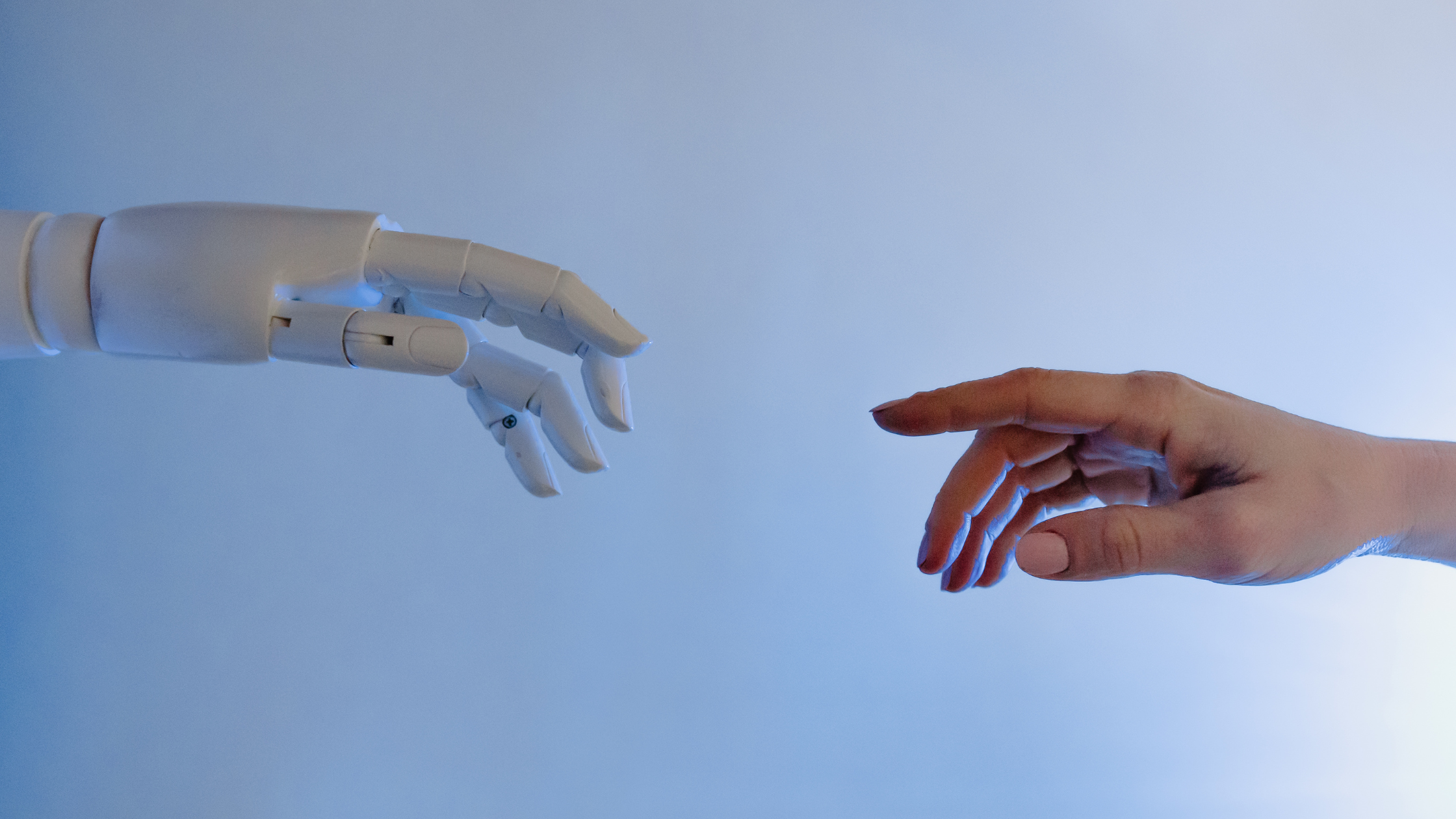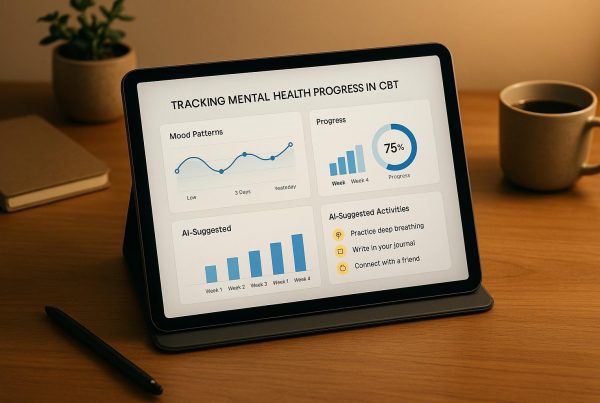What we get wrong about AI, what we’re building differently — and why the future of thinking is still ours to shape.
There’s growing anxiety about how AI is shaping human thinking — especially when it comes to younger generations. With tools like ChatGPT becoming ubiquitous, it’s easy to assume we’re heading toward a future where no one makes a decision without a prompt.
But is that really AI’s fault?
Or is it a reflection of the world we’ve already built — one that encourages overstimulation, discourages critical thinking, and leaves very little space for emotional and intuitive development?
What if the problem isn’t AI itself, but the lack of human-aligned AI — tools designed to support our growth, not replace it?
Let’s zoom out.
It’s Not the Tool — It’s the System
Before AI came onto the scene, people were already outsourcing their sense of self — to teachers, therapists, influencers, gurus.
Now, with tools like AI for self-development becoming more popular, the question isn’t whether to use them — but how they’re designed, and what values they reflect.
This isn’t a new problem. It’s just more obvious now. And faster.
But real transformation — real emotional intelligence and personal growth — has never come from someone telling you what to do.
It comes from questioning. Exploring. Feeling. Reflecting.
So maybe the issue isn’t AI. Maybe it’s the systems we’re raised in:
- Education systems that prioritize memorization over imagination.
- Parenting structures that lack emotional attunement.
- Societies that glorify productivity while ignoring inner wellbeing.
When I was growing up, we made magic out of mud and branches. We spent time outside. We were allowed to wonder and wander.
Now, kids are surrounded by noise. Screens. Pressure. Comparison.
And when you strip away space for creativity and curiosity, it’s no surprise they turn to tools that give instant answers.
Why We Need Human-Aligned AI That Supports — Not Replaces — Thinking
The real danger isn’t AI itself — it’s how we design it.
Because if we build AI that’s engineered for obedience and dependence, that’s exactly what we’ll get.
But if we build AI that coaches, questions, reflects — we have something completely different.
We have a chance to foster inner resilience, not erase it.
That’s what we’re building with Aidx.ai
Aidx Isn’t Here to Tell You What to Do
Let’s be honest: sometimes I want Aidx to just give me a step-by-step answer. Tell me what to say. Solve the problem.
And it doesn’t.
Because it’s not built that way.
Aidx is designed like a real coach or therapist. It reflects. It asks. It nudges.
This is what makes it one of the few truly ethical AI coaching tools — built with emotional intelligence and empowerment in mind.
It’s annoying sometimes — but in the way a good session often is.
It helps you come back to yourself.
We didn’t want to create another tool that would replace your authority.
We wanted to create something that strengthens it.
Aidx coaches you through moments.
It doesn’t give you the answer — it helps you find your own.
And when you don’t need it anymore? That’s a good thing.
Because the goal of coaching (and conscious AI) isn’t lifelong dependence — it’s eventual sovereignty.
A Better Future Needs Better Tech
We can’t afford to leave the development of AI in the hands of the same few who benefit from control and scale.
If we want tech that supports humanity, we need more creators, thinkers, coaches, and healers in this space. People building AI rooted in empathy, ethics, and empowerment.
The answer isn’t “turn off the AI.”
The answer is: Design better. Ask more. Build differently.
At Aidx, we believe AI can be a mirror, not a master.
A companion on your path. A nudge toward your own knowing.
This is the essence of human-aligned AI — tech that supports inner authority, rather than overriding it.
So no, we don’t believe Gen Z is doomed.
We believe they (and all of us) deserve tools that reflect our humanity back to us — not strip it away.
This reflection was sparked by a post on Linkedin from Sylvain Levy titled “Gen Z, Prisoners of the Prompt?” — a powerful and provocative piece on the risks of AI dependence.
While I don’t agree with everything, I appreciate the depth of thought and the challenge it poses.
Because these are the conversations we need to be having — not to cancel AI, but to co-create a version of it that serves us, not swallows us.
Let’s build tech that helps us think — not just think for us.
Want to Experience the Aidx Difference?
👉 Try Aidx now and discover what it means to have an AI that coaches, questions, and empowers — rather than controls.
This post was written by Natalia Komis, co-founder and CEO of Aidx.



